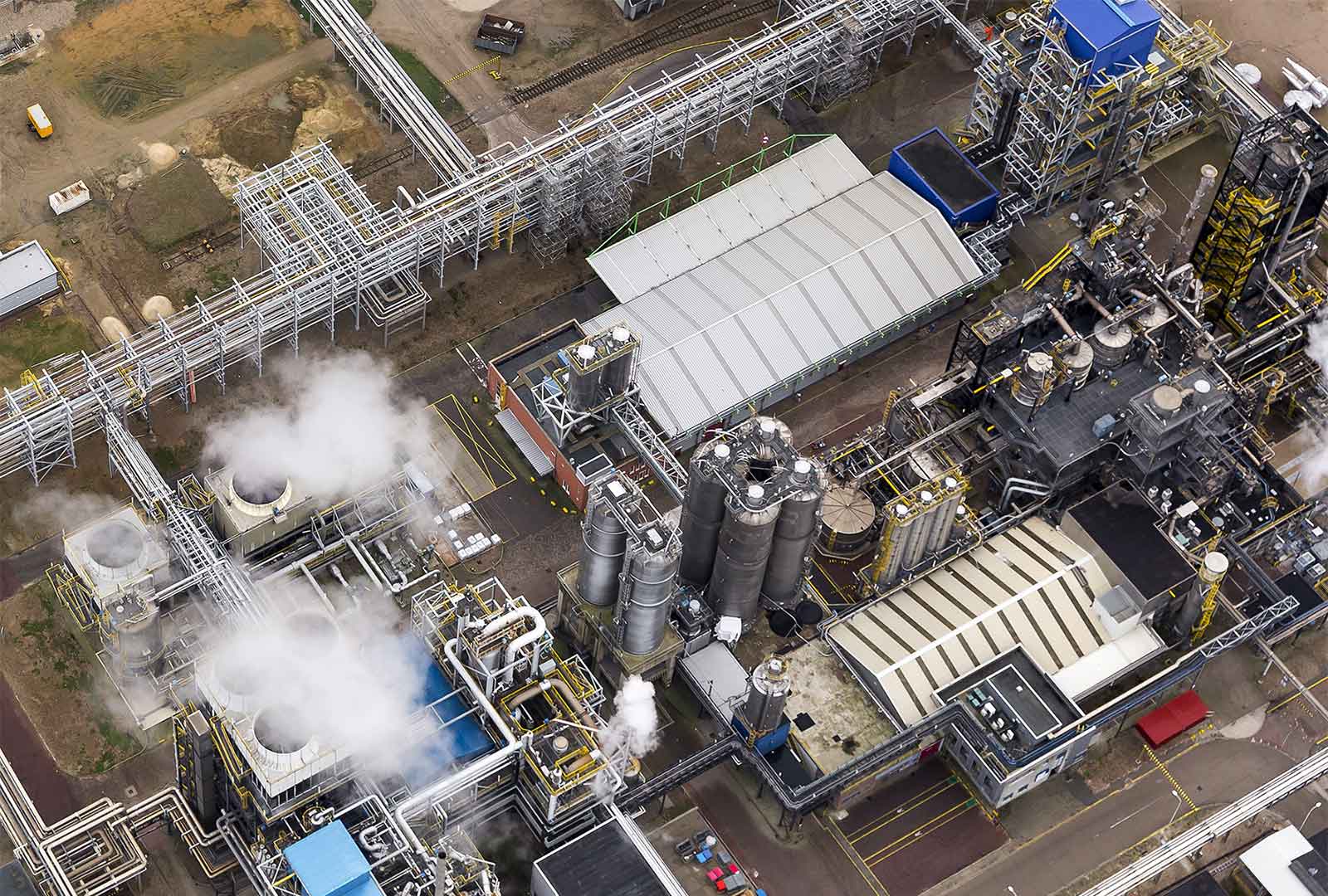DSM’s new increased target has been reviewed and approved by the Science Based Targets initiative (SBTi), a collaboration between the United Nations Global Compact, World Resources Institute (WRI), the CDP and the World Wide Fund for Nature (WWF) to drive ambitious corporate climate action.
DSM was one of the first companies to align its efforts with the latest science presented in the IPCC Special Report ‘Global Warming of 1.5°C’ of 2019 and immediately set a pathway to reach net-zero GHG emissions across its operations and value chains by 2050. DSM’s Science Based Targets are the foundation to achieve this goal, supported by ambitions on renewable electricity and energy efficiency, as well as intense work with key suppliers through DSM’s CO2REDUCE program.
Recent highlights:
- DSM made significant progress with a ~19% structural GHG improvement (versus 2016) by H1 2021. This is already ahead of the trajectory to achieve its initial 30% Science Based reduction Target
- DSM has doubled its internal carbon price from €50 to €100 per ton of CO2 to further guide its investments and operational decisions towards carbon neutral operations. This decision also reflects DSM’s ongoing commitment to and call for broader and deeper carbon pricing policies.
- DSM signed a power purchase agreement in July which means all its North American electricity needs will be 100% renewable starting from the end of this year. DSM will also contribute to the financing of a new solar plant in Texas which is expected to generate approximately 920,000 MWh of electricity for the US energy grid each year.
Geraldine Matchett and Dimitri de Vreeze, Co-CEOs Royal DSM, comment: “As a purpose-led company we aim to drive sustainable growth. That’s why we’re proud to make a significant step-up in our ambitious validated science-based targets, to accelerate our route to net-zero by 2050 and to continue to lead the way in our industry to move to a net-zero future. We have no time to waste, and the private sector has a crucial role to play in proactively delivering on the Paris Agreement.”
Image: Aerovista Luchtfotografie/Shutterstock



